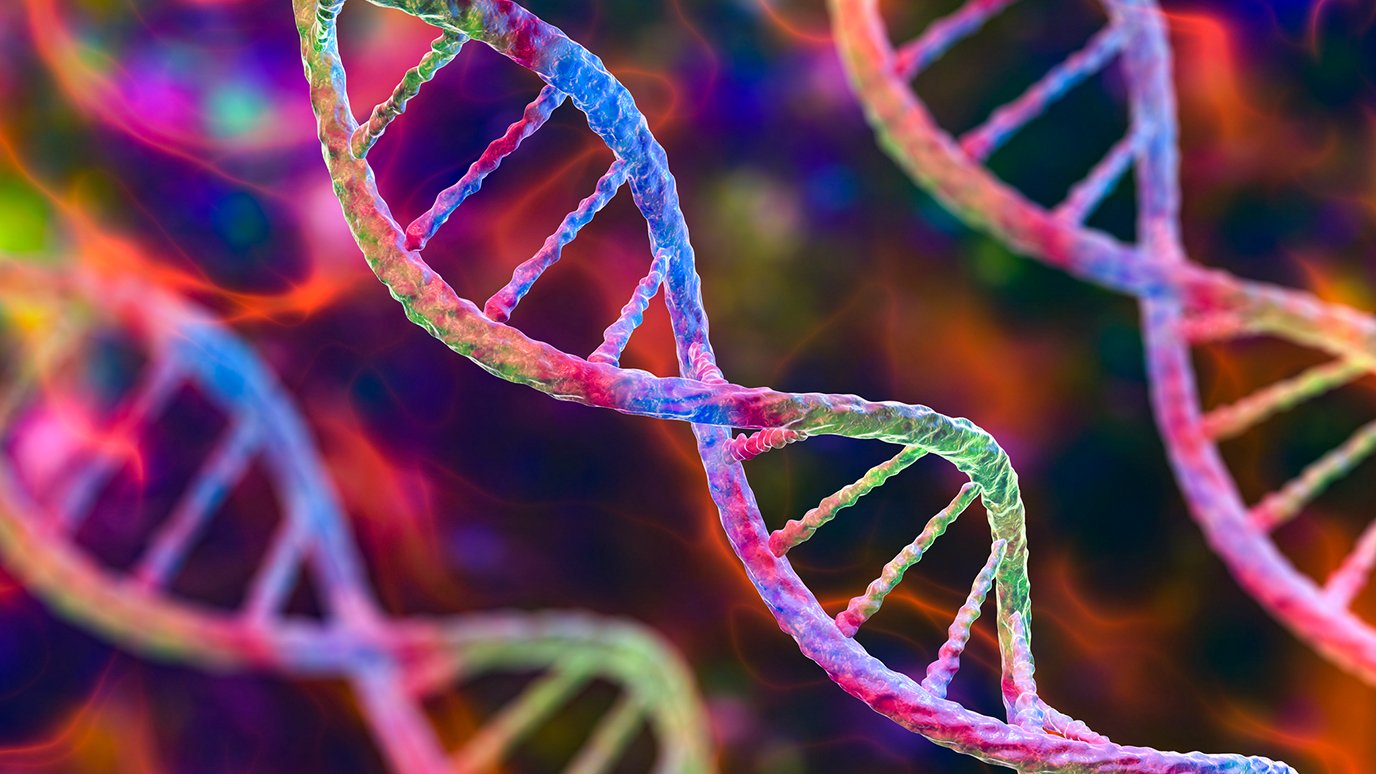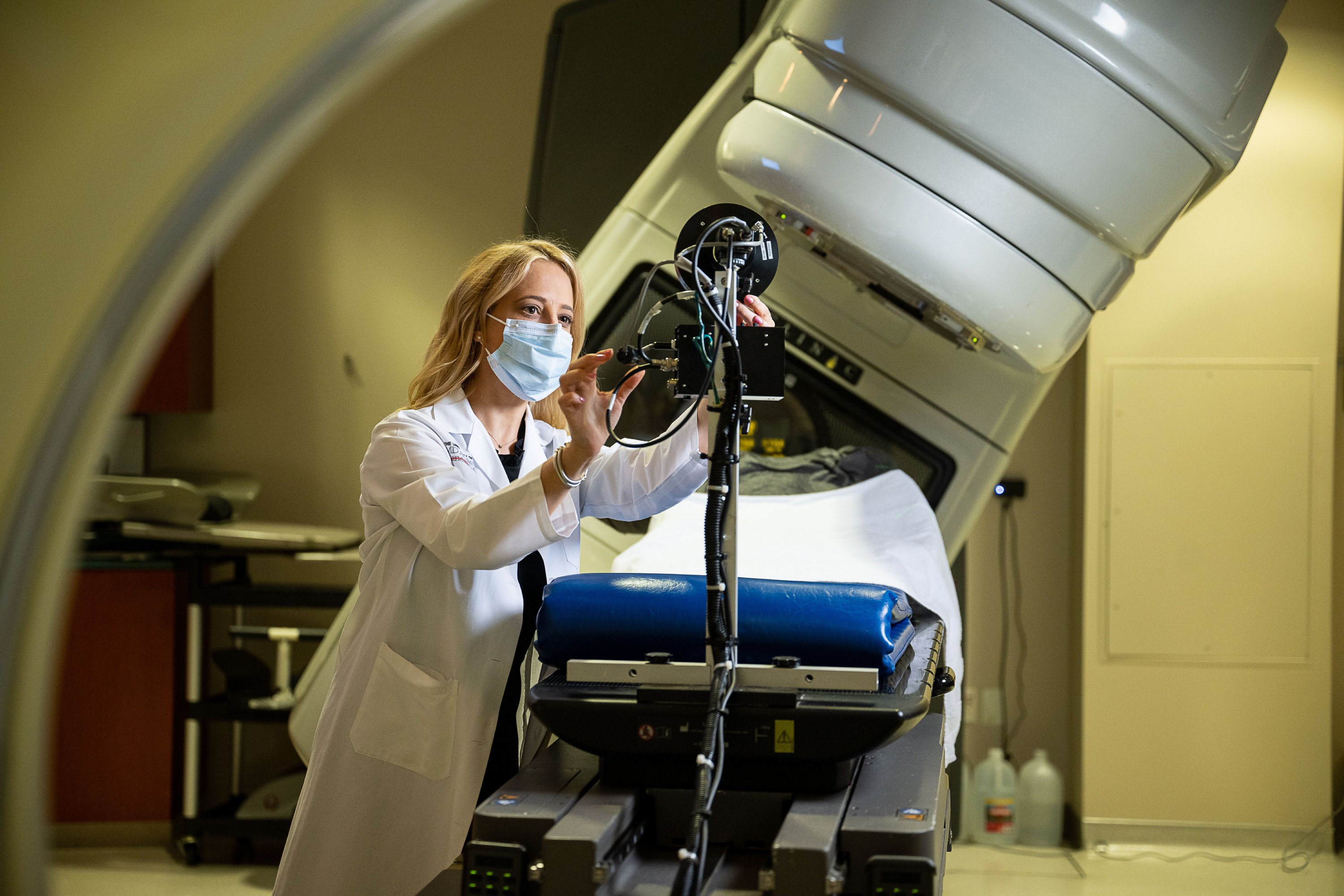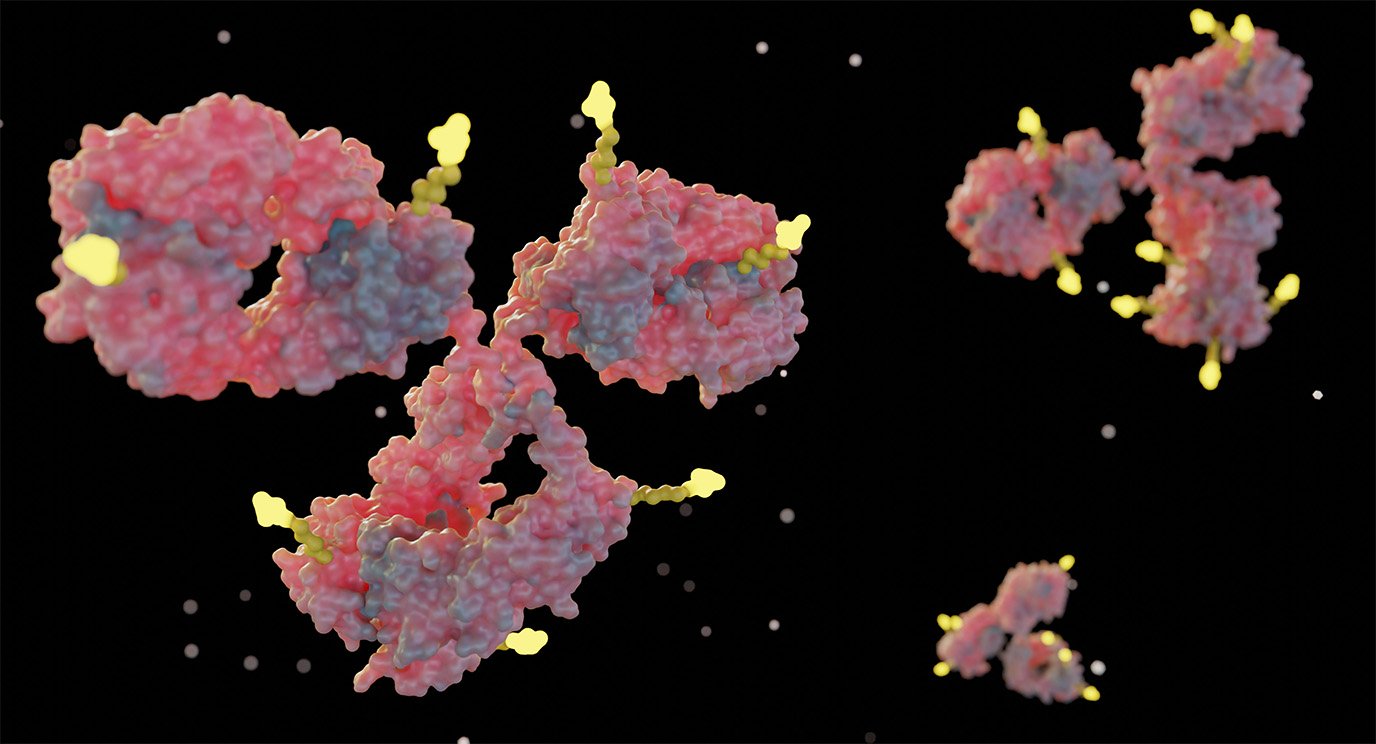- Diseases
- Acoustic Neuroma (14)
- Adrenal Gland Tumor (24)
- Anal Cancer (68)
- Anemia (2)
- Appendix Cancer (16)
- Bile Duct Cancer (26)
- Bladder Cancer (72)
- Brain Metastases (28)
- Brain Tumor (232)
- Breast Cancer (714)
- Breast Implant-Associated Anaplastic Large Cell Lymphoma (2)
- Cancer of Unknown Primary (4)
- Carcinoid Tumor (8)
- Cervical Cancer (160)
- Colon Cancer (166)
- Colorectal Cancer (118)
- Endocrine Tumor (4)
- Esophageal Cancer (44)
- Eye Cancer (36)
- Fallopian Tube Cancer (8)
- Germ Cell Tumor (4)
- Gestational Trophoblastic Disease (2)
- Head and Neck Cancer (12)
- Kidney Cancer (128)
- Leukemia (342)
- Liver Cancer (50)
- Lung Cancer (286)
- Lymphoma (278)
- Mesothelioma (14)
- Metastasis (30)
- Multiple Myeloma (100)
- Myelodysplastic Syndrome (60)
- Myeloproliferative Neoplasm (6)
- Neuroendocrine Tumors (16)
- Oral Cancer (100)
- Ovarian Cancer (172)
- Pancreatic Cancer (160)
- Parathyroid Disease (2)
- Penile Cancer (14)
- Pituitary Tumor (6)
- Prostate Cancer (146)
- Rectal Cancer (58)
- Renal Medullary Carcinoma (6)
- Salivary Gland Cancer (14)
- Sarcoma (238)
- Skin Cancer (296)
- Skull Base Tumors (56)
- Spinal Tumor (12)
- Stomach Cancer (64)
- Testicular Cancer (28)
- Throat Cancer (92)
- Thymoma (6)
- Thyroid Cancer (98)
- Tonsil Cancer (30)
- Uterine Cancer (82)
- Vaginal Cancer (18)
- Vulvar Cancer (20)
- Cancer Topic
- Adolescent and Young Adult Cancer Issues (20)
- Advance Care Planning (10)
- Biostatistics (2)
- Blood Donation (18)
- Bone Health (8)
- COVID-19 (362)
- Cancer Recurrence (120)
- Childhood Cancer Issues (120)
- Clinical Trials (632)
- Complementary Integrative Medicine (22)
- Cytogenetics (2)
- DNA Methylation (4)
- Diagnosis (232)
- Epigenetics (6)
- Fertility (62)
- Follow-up Guidelines (2)
- Health Disparities (14)
- Hereditary Cancer Syndromes (126)
- Immunology (18)
- Li-Fraumeni Syndrome (8)
- Mental Health (116)
- Molecular Diagnostics (8)
- Pain Management (62)
- Palliative Care (8)
- Pathology (10)
- Physical Therapy (18)
- Pregnancy (18)
- Prevention (920)
- Research (392)
- Second Opinion (74)
- Sexuality (16)
- Side Effects (606)
- Sleep Disorders (10)
- Stem Cell Transplantation Cellular Therapy (216)
- Support (402)
- Survivorship (322)
- Symptoms (182)
- Treatment (1786)
6 side effects of radiation therapy to the pelvis in women
3 minute read | Published May 30, 2017
Medically Reviewed | Last reviewed by an MD Anderson Cancer Center medical professional on May 30, 2017
Radiation therapy to the pelvis is commonly used to treat women with lower gastrointestinal tract cancers, as well as gynecologic cancers, such as cervical cancer, ovarian cancer and uterine cancer.
Because the radiation therapy is administered to the pelvis, though, there are certain side effects that are common among these patients.
Here are six effects to watch for if you’re receiving radiation to the pelvis. Keep in mind that the specific side effects that you experience will depend on whether you receive chemotherapy, the location and dosage of the radiation, and the number of treatments.
1. Diarrhea
Many patients develop diarrhea during radiation therapy. To manage diarrhea, we recommend a low-fiber diet. If you’re an MD Anderson patient, ask your care team for a referral to one of our dietitians. He or she will give you specific guidelines to follow during treatment.
We may also recommend medications such as Imodium and or Lomotil, but always check with your doctor before taking any medications.
If you develop pain in the anal region, we recommend sitz baths. You can also try using very gentle baby wipes rather than toilet paper after a bowel movement.
2. Bladder and vaginal irritation
The inside lining of the bladder sometimes becomes irritated during radiation. Let your doctor know if you develop bladder symptoms. That way, he or she can prescribe additional tests and/or medication as needed.
Your vagina and/or external genital area may become irritated during treatment. Sitz baths can provide relief.
Your doctor can also prescribe certain moisturizers, ointments and lotions that you can apply to your skin after treatment and before you go to bed. Just be sure to speak with your doctor to identify the best moisturizer for you.
3. Yeast infections
Some patients may be more prone to develop yeast infections both inside the vagina and in radiated skin. Your radiation oncologist will evaluate your skin at least once a week and prescribe ointments and/or oral medications if needed.
4. Infertility
Radiation can affect your fertility. If the ovaries are in the radiation field, you may stop having your period and go into early menopause.
The good news is that there are things our doctors can do to preserve the fertility of patients who want to have children after treatment. But it’s important to talk to your doctor about your fertility concerns as early as possible after your diagnosis. The earlier you have this conversation, the more options you’ll have. Learn more about fertility and cancer and the MD Anderson Oncofertility Consult Service.
5. Sexual side effects
Radiation therapy can cause scar tissue to form in the vagina, which can make sexual intercourse and/or a pelvic examination's painful after treatment. Your doctor may recommend you use a vaginal dilator after treatment to reduce the risk of this. Vaginal dilators are often recommended for patients with non-gynecologic cancers, such as anal cancer, in close proximity to the vagina.
6. Fatigue
Fatigue is common during radiation therapy. It may help to take small naps during the day and/or go to bed usual earlier than usual. It also helps to ask family and friends for help with routine chores. This way, you won’t have to use as much energy and can have more time to rest.
Some patients find their fatigue improves with light exercise such as walking. But check with your doctor before starting a new exercise routine.
At MD Anderson, we are fortunate to have a dedicated Fatigue Clinic that specializes in helping patients with treatment-related fatigue. If you’re experiencing fatigue, ask your MD Anderson doctor for a referral to the Fatigue Clinic.
Discuss radiation therapy side effects with your doctor
Don’t be afraid to talk to your doctor about any side effects that you experience during radiation therapy. We’re here to make your experience as comfortable as possible, and we’re happy to address your specific questions and concerns about anything unusual you’re experiencing during your treatment.
Valerie Reed, M.D., is a radiation oncologist at MD Anderson in The Woodlands.
Request an appointment at MD Anderson online or by calling 1-855-915-1721.

Don’t be afraid to talk to your doctor about any side effects that you experience during radiation therapy.
Valerie Reed, M.D.
Physician





